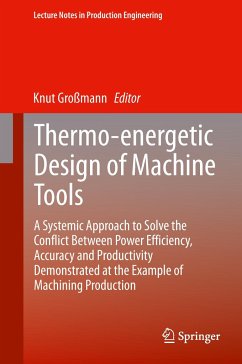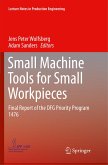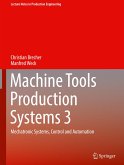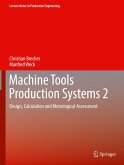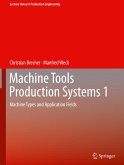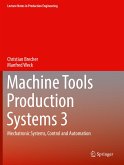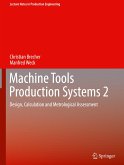The approach to the solution within the CRC/TR 96 financed by the German Research Foundation DFG aims at measures that will allow manufacturing accuracy to be maintained under thermally unstable conditions with increased productivity, without an additional demand for energy for tempering. The challenge of research in the CRC/TR 96 derives from the attempt to satisfy the conflicting goals of reducing energy consumption and increasing accuracy and productivity in machining.
In the current research performed in 19 subprojects within the scope of the CRC/TR 96, correction and compensation solutions that influence the thermo-elastic machine tool behaviour efficiently and are oriented along the thermo-elastic functional chain are explored and implemented. As part of this general objective, the following issues must be researched and engineered in an interdisciplinary setting and brought together into useful overall solutions:
1. Providing the modelling fundamentals to calculate the heat fluxes and the resulting thermo-elastic deformations in a comprehensive manner,
2. Mapping of the structural variability as a result of the relative movement inside the machine tool,
3. Providing the tools for an efficient adjustment of parameters that vary greatly in time and space by means of parameter identification methods as a prerequisite for correction and compensation solutions,
4. Engineering and demonstrating solutions to control-integrated correction of thermo-elastic errors by an inverse position setpoint compensation of the error at theTCP,
5. Engineering and demonstrating solutions based on the material properties to compensate for thermo-elastic effects through a homogeneous propagation of the temperature field, as well as reducing and smoothing the distribution of heat dissipated in supporting structures,
6. Developing metrological fundamentals to record the thermo-elastic errors in special structural areas of machine tools,
7. Engineering a methodological approach to simultaneous and complex evaluation of the CRC/TR 96 solutions, referring to their impact on product quality, production rate, energy consumption and machine tool costs
In the current research performed in 19 subprojects within the scope of the CRC/TR 96, correction and compensation solutions that influence the thermo-elastic machine tool behaviour efficiently and are oriented along the thermo-elastic functional chain are explored and implemented. As part of this general objective, the following issues must be researched and engineered in an interdisciplinary setting and brought together into useful overall solutions:
1. Providing the modelling fundamentals to calculate the heat fluxes and the resulting thermo-elastic deformations in a comprehensive manner,
2. Mapping of the structural variability as a result of the relative movement inside the machine tool,
3. Providing the tools for an efficient adjustment of parameters that vary greatly in time and space by means of parameter identification methods as a prerequisite for correction and compensation solutions,
4. Engineering and demonstrating solutions to control-integrated correction of thermo-elastic errors by an inverse position setpoint compensation of the error at theTCP,
5. Engineering and demonstrating solutions based on the material properties to compensate for thermo-elastic effects through a homogeneous propagation of the temperature field, as well as reducing and smoothing the distribution of heat dissipated in supporting structures,
6. Developing metrological fundamentals to record the thermo-elastic errors in special structural areas of machine tools,
7. Engineering a methodological approach to simultaneous and complex evaluation of the CRC/TR 96 solutions, referring to their impact on product quality, production rate, energy consumption and machine tool costs

